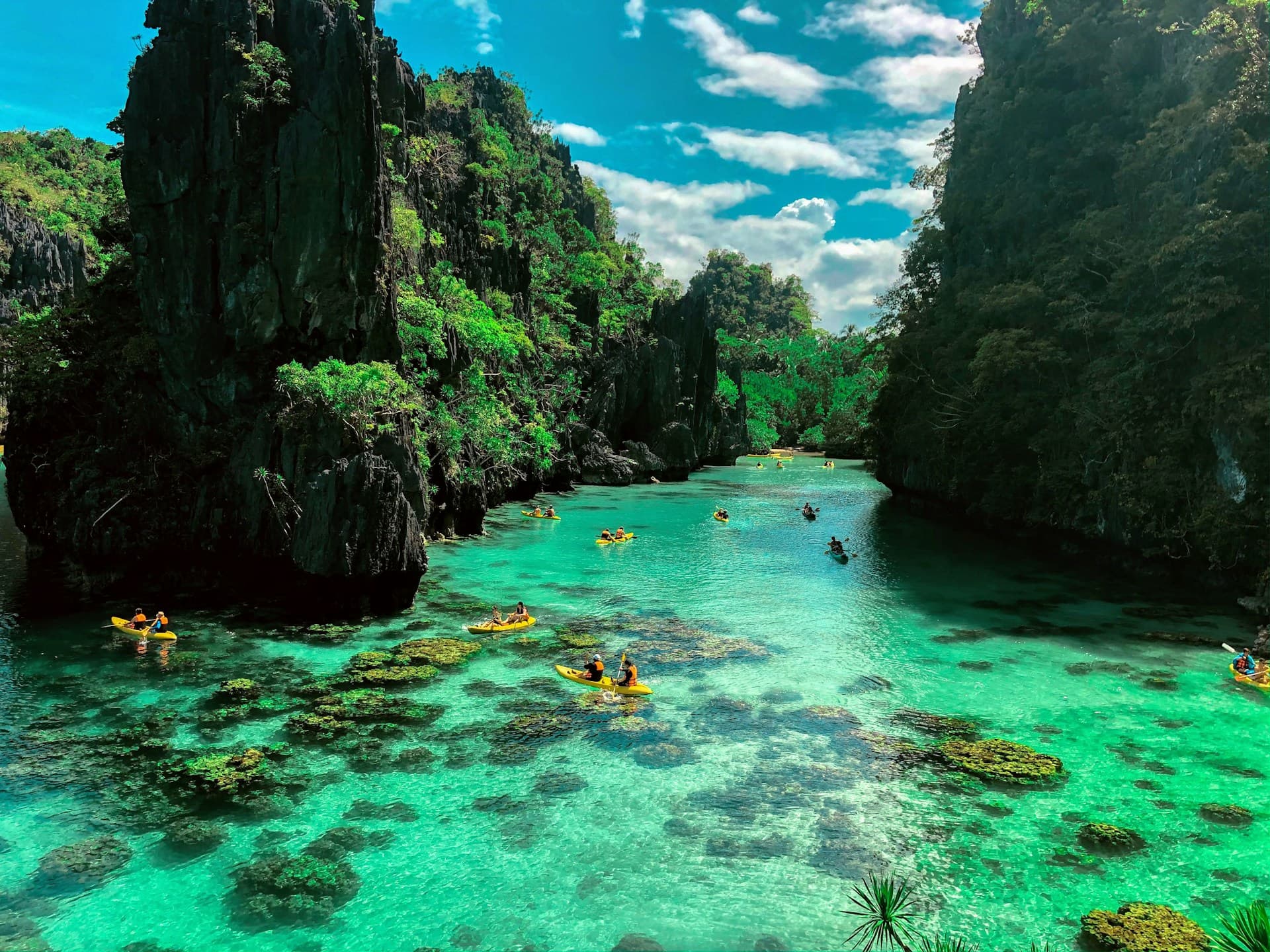
The Philippines has been named a top contender in three major categories at the 24th Wanderlust Reader Travel Awards, a recognition that underscores not only its global tourism appeal but also the critical role of domestic travel in sustaining the sector.
The UK-based Wanderlust magazine, one of the oldest and most respected travel publications in Europe, announced the Philippines’ nominations in its “Most Desirable Country” category. Meanwhile, Cebu earned a nomination for “Most Desirable Region,” and Palawan for “Most Desirable Island.” Voting will remain open until Oct. 27, with results to be announced in London on Nov. 5.
While international recognition carries prestige, experts say it also highlights the underlying efforts of local communities, stakeholders, and travelers who support sustainable tourism from the ground up.
What recognition means for local travelers
International travel awards often reflect a destination’s infrastructure, accessibility, sustainability practices, and cultural offerings—all of which are shaped, in large part, by domestic tourism activity.
Despite ongoing global recovery from pandemic-related disruptions, domestic travel in the Philippines remains robust. According to the Department of Tourism (DOT), more than 85 million domestic trips were recorded in 2024, contributing over PHP3 trillion to the national economy. These numbers, comparable to or even exceeding pre-pandemic levels, indicate a shift in travel habits and preferences among Filipino travelers.
Regions like Cebu and Palawan continue to attract both local and foreign visitors because of their consistent transportation links, ease of access, and diverse experiences ranging from historical tours to marine activities.
Air connectivity remains key. Cebu is serviced by Mactan-Cebu International Airport, which recently ranked among the world’s most improved airports. Palawan, meanwhile, is accessible through Puerto Princesa, Busuanga, and El Nido airports, offering flights from Manila and Clark, with expanding regional routes.
A closer look at the nominated destinations
Cebu’s nomination reflects its evolving identity as a travel hub. Known for its heritage churches, diving spots, and mountain trails, the province also supports numerous community-led initiatives, including heritage conservation and eco-tourism operations in its upland and island barangays.
Palawan, regularly cited for its biodiversity and coastal landscapes, has gained attention in recent years for marine conservation zones and responsible tourism policies that limit foot traffic in ecologically sensitive areas.
Both destinations have integrated aspects of culture, sustainability, and wellness—three themes that resonate with both domestic and international tourists seeking experiences beyond leisure.
Travel and mental health: a growing awareness
In addition to its economic impact, local tourism has also been increasingly recognized for its contribution to mental health and personal well-being. With more Filipinos embracing short-haul trips for stress relief, nature immersion, and family bonding, destinations near urban centers have adapted by offering more accessible and affordable options.
Efforts to encourage safe, responsible travel—such as improved sanitation, better digital information access, and easier online booking—have also made local trips more manageable.
Sustainable growth and community gains
Tourism Secretary Christina Frasco noted that the Wanderlust nominations are more than accolades—they are validation of the people and systems that sustain the country’s tourism sector. From local guides to homestay operators, sustainable jobs have emerged in places once considered off-grid, strengthening rural economies.
Government and private partnerships have also focused on infrastructure, disaster readiness, and environmental preservation to ensure tourism remains viable for future generations.
What’s next
With international interest growing, and domestic travel continuing to thrive, the nominations may help place more attention on how local efforts contribute to global recognition. Regardless of the outcome in November, the country’s nomination serves as a reminder that tourism success is not built overnight—it is earned through the everyday experiences of travelers, communities, and advocates working together.
By Jaja Agpalo
Jaja Agpalo has a background in journalism and additional studies in international law and business communication. Her career includes editorial roles at leading international media outlets such as Business Times and Celebeat, where she covered business, economy, cryptocurrency, personal finance, gaming, technology, and entertainment. Outside the newsroom, Jaja enjoys discovering new places and cuisines, blending her love for storytelling with a passion for travel and food.




